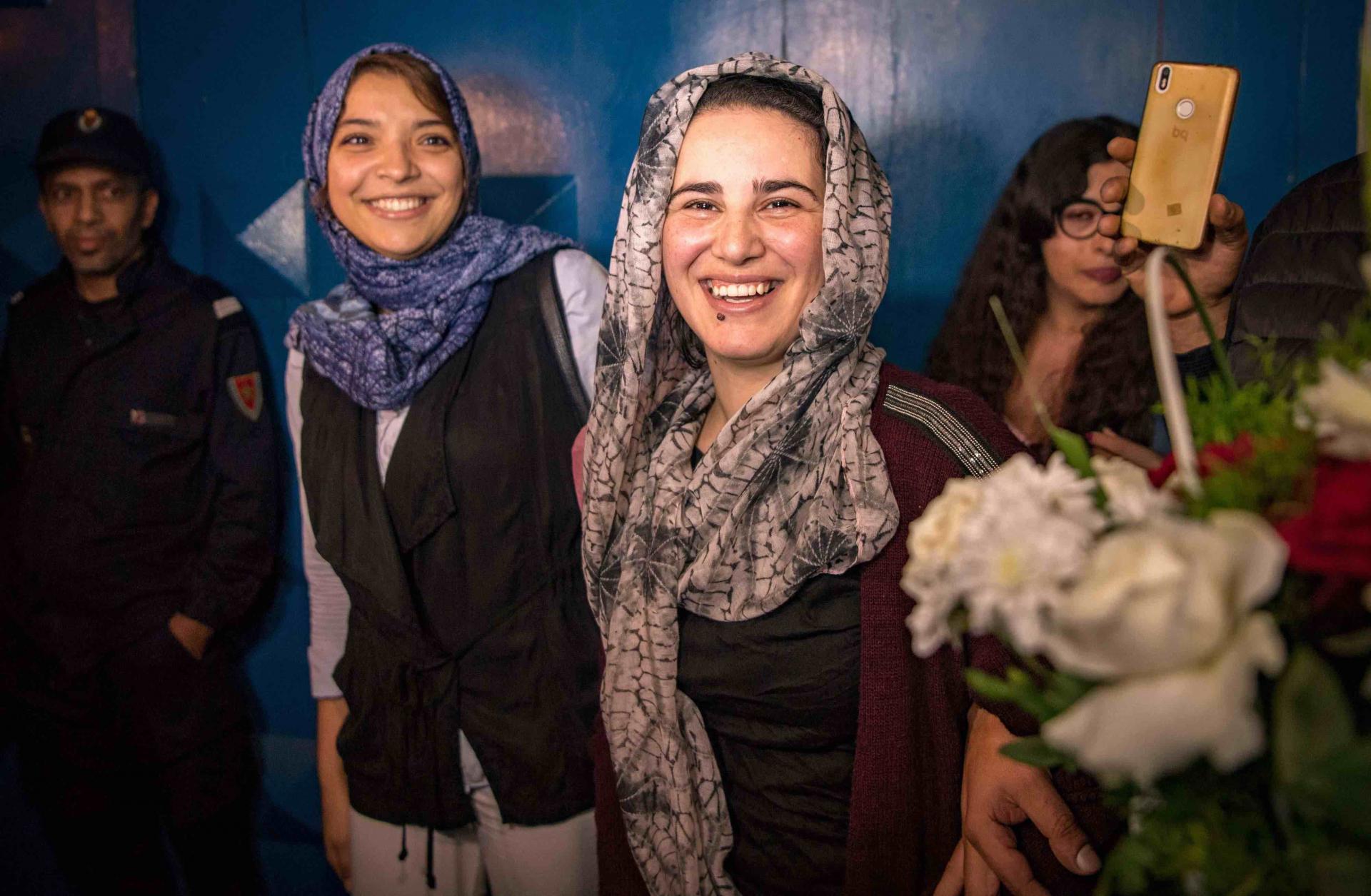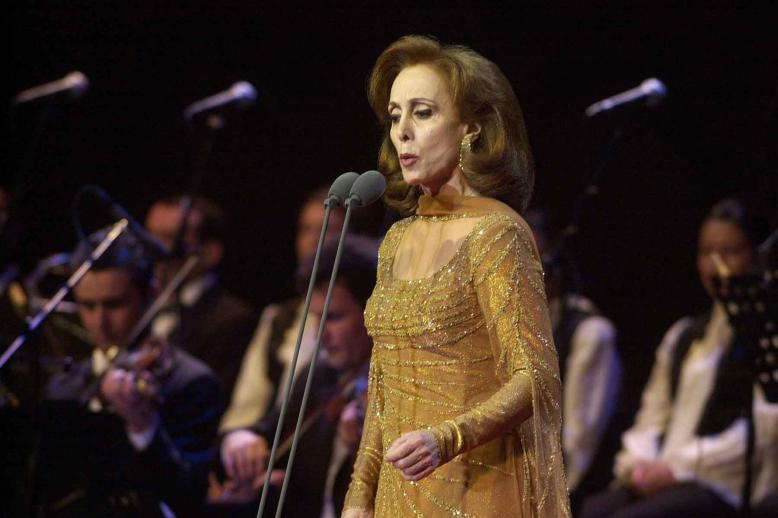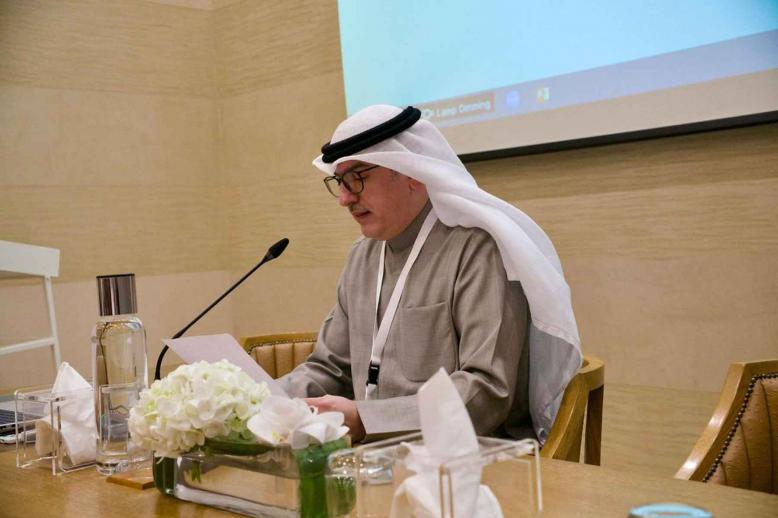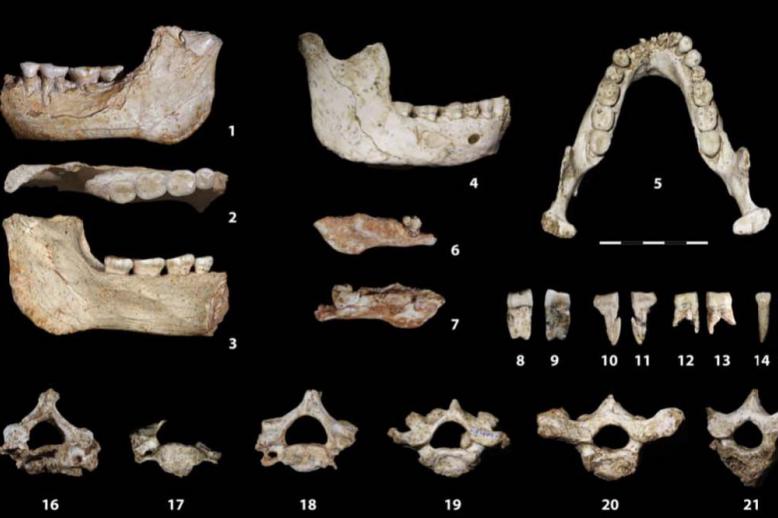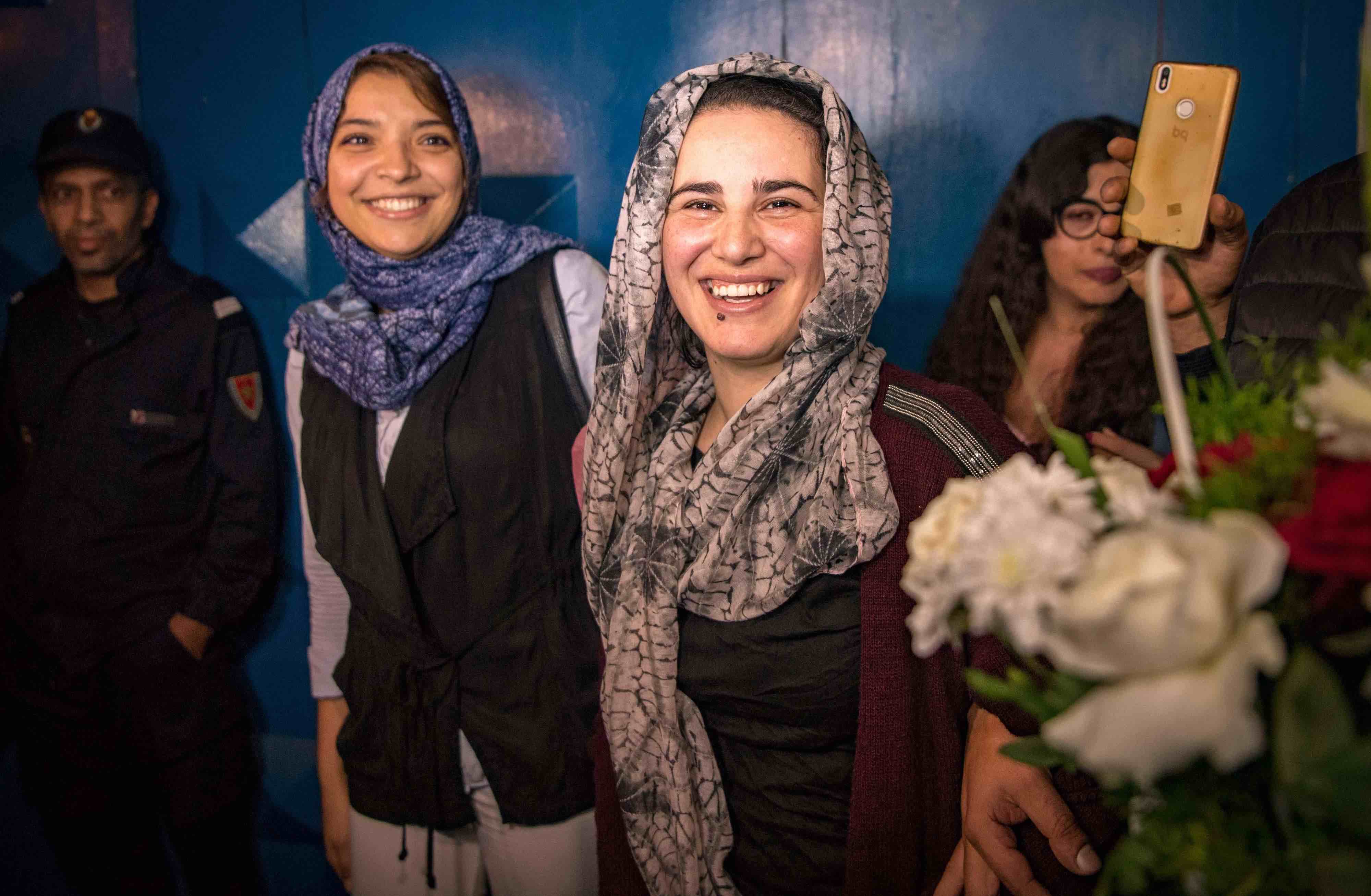Moroccan journalist released but debate over women rights continues to escalate
CASABLANCA - The battle between conservative and liberal politicians over individual rights in Morocco heated up following the conviction and sentencing of journalist Hajar Raissouni to one year in prison on charges of having had an “illegal abortion” and sexual relations outside marriage.
Raissouni, 28, was sentenced September 30 to one year in jail despite denying having an abortion. She said she had been forced into a medical examination without her consent. Prosecutors insisted she had been seen by a medic and showed signs of pregnancy and of having undergone a “late voluntary abortion.”
She was sentenced under a Moroccan law that deems sexual relations out of wedlock illegal and forbids abortions unless the mother’s life is in danger.
Hundreds of activists and journalists protested October 2 in front of the parliament building in Rabat seeking Hajar’s release.
Raissouni was freed October 16 after being granted a royal pardon. The convictions against her fiance, gynaecologist, anaesthetist and a medical assistant were also overturned.
The Justice Ministry said Moroccan King Mohammed VI wanted to preserve the future of the couple, “who wanted to establish a family in line with our religious and legal precepts despite the error they made.”
Heba Morayef, Amnesty International’s Middle East and North Africa director, hailed the pardon, saying: “Hajar Raissouni’s release comes as a huge relief and is undoubtedly a cause for celebration for her and her family but the fact remains that she and the four others involved in this case should never have been detained or convicted in the first place.
“A royal pardon does not erase the grave injustice they have suffered. Their convictions should be quashed and their records cleared.”
Moroccan opposition MP Omar Balafrej, from the Federation of the Democratic Left, called in a podcast for the removal of penal code Articles 489, 490 and 491, which criminalise homosexuality, sex outside marriage and adultery.
Balafrej said he would table his party’s proposed bill to change the articles, which he said undermine Morocco’s efforts to promote individual freedoms.
The deadline of tabling the amendments proposed by members of the Committee of Justice and Legislation was extended to allow majority groups to agree on them. However, only the Party of Progress and Socialism was vocal about the issue.
“The revision must embody the principles of human rights as they are internationally recognised and consolidate individual and collective freedoms and gender equality,” said the party, which quit the coalition government October 1.
The claim sparked Islamists’ outcry and conservative politicians’ criticism.
Salafist preacher Aissam al-Bashir al-Marrekchi slammed Balafrej’s recommendations on Facebook, urging Muslims to sound the alarm.
“Your Islam, your treasure, is in danger and these people have the plan to ruin it, stone by stone, so that nothing remains,” Marrekchi warned.
He said he considered Balafrej’s proposal “an invitation to pederasty” and to “spread debauchery on Earth.”
Moroccan Prime Minister Saad Eddine El Othmani, who has taken a public stance against any amendment to abortion laws, was critical of Balafrej during a speech to his Islamist Justice and Development party September 29.
“Some seize every opportunity to target the religious constants,” Othmani told news site Al3omk.
He said a committee set up by Moroccan King Mohammed VI resolved the issue of abortion after the involvement of the National Council for Human Rights, the Ministry of Islamic Affairs, the Ministry of Justice and the Supreme Scientific Council.
Abdessalam al-Aziz, secretary-general of the National Ittihadi Congress, said all leftist parties and currents were for individual freedoms.
“There are apparently some powers that are hindering the discussion of the amendments of some articles of the penal code because of the sensitivity of the issue,” said Aziz.
“The real problem is that laws are issued without a national debate which transcends politicians and parliament because the current situation makes it easier for people who call for change to be targeted by conservatives,” he said.
Aziz said the bill was taking so much time in parliament that it was stalling Morocco’s progress on human rights.
“Illegal abortion is a very sensitive issue in our society and can have grave consequences on families. Wealthy Moroccans can go abroad and do it but what about women from a poor background?” he asked.
Saad Guerraoui is a regular contributor to The Arab Weekly on Maghreb issues.
This article was originally published in The Arab Weekly.


